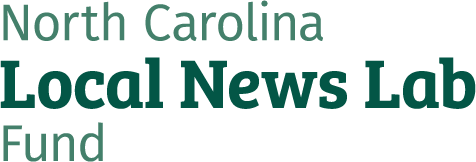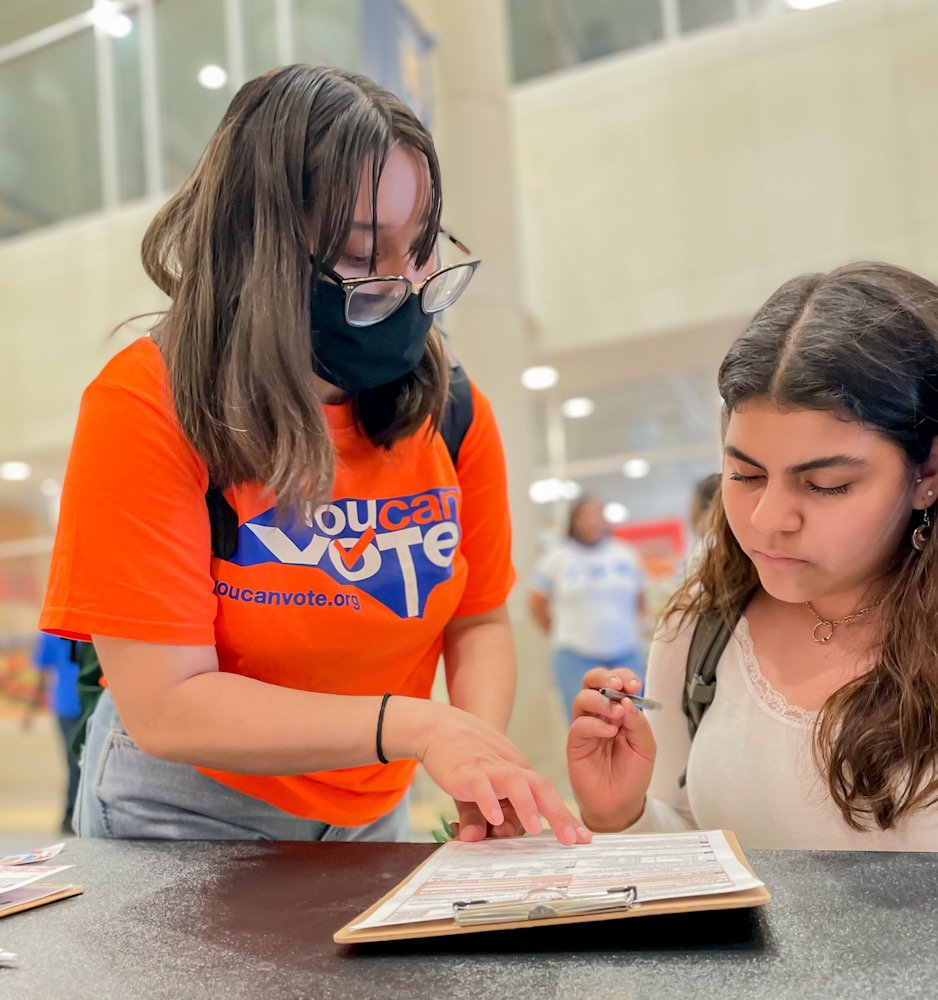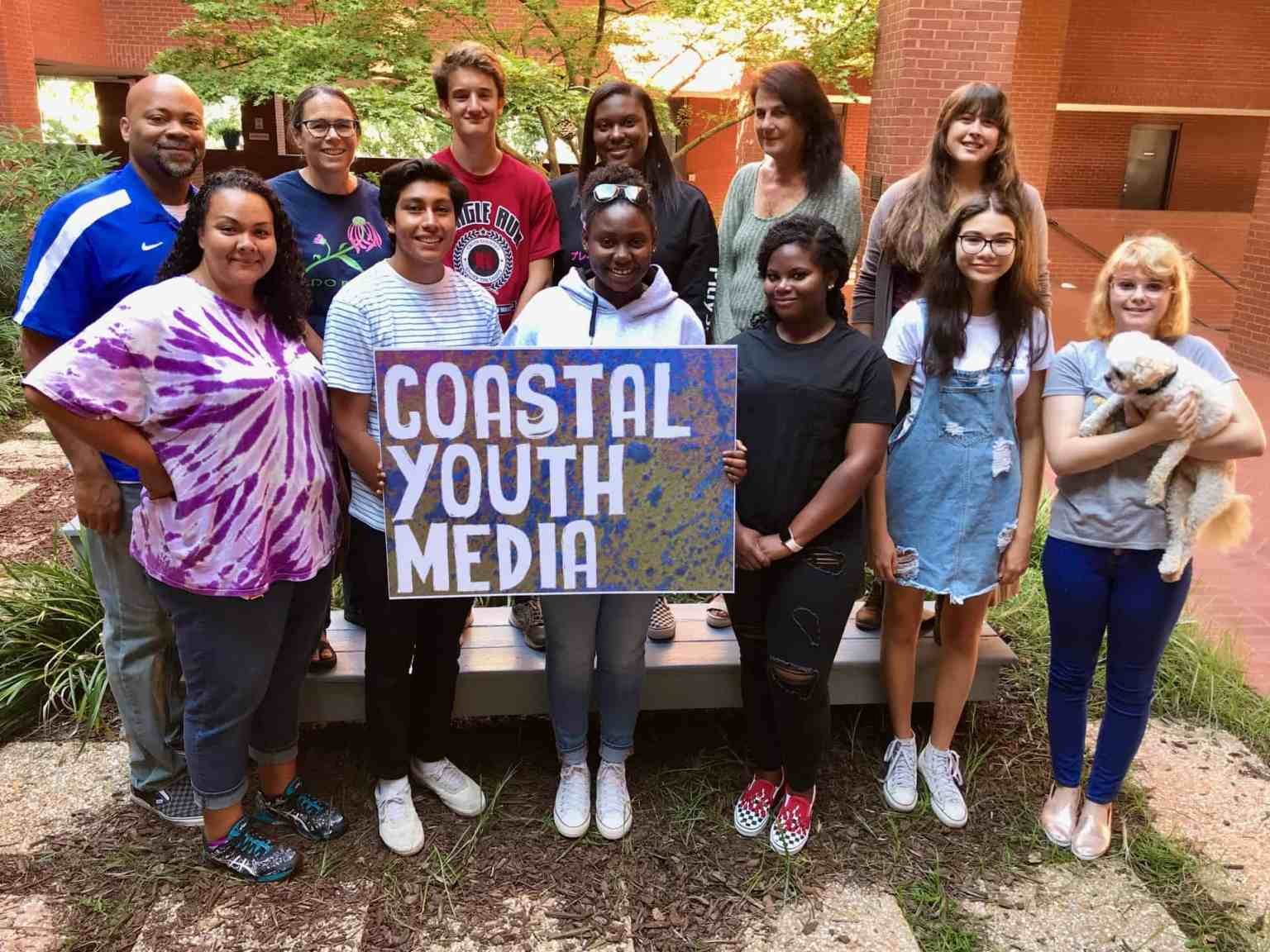Civic engagement powered by community-responsive tech
Code the Dream
Technology creates a more engaged and connected world when it’s grounded in equity and expands access. But too often, instead of expanding access to information, our digital landscape perpetuates inequities across race, class, and geography. That’s where Code the Dream comes in: a Durham-based nonprofit that envisions a world where technological innovation comes from all of us and benefits all of us.
Code the Dream offers free coding classes geared toward communities underrepresented in the tech industry, including people of color, people from low-income backgrounds, and immigrants. Code the Dream also offers a full-service software development shop, CTD Labs, which partners with businesses, nonprofits, and government agencies to bring technology solutions to life. Combined, their approaches result in community-responsive tech solutions today, while shaping a more representative, equitable industry and information landscape for tomorrow.
Among other tech-powered impact Code the Dream is making in North Carolina, the organization is creating a more open government by expanding access to the state’s legislative processes. Updates from North Carolina’s General Assembly are often difficult to find and understand, leaving reporters, organizations, and the general public in the dark about what’s happening across North Carolina’s politics. The solution is “sunshine”—transparency that enables people to hold their representatives accountable. To meet this need, Code the Dream developed UpState, North Carolina’s most efficient legislative tracking tool. It makes it easier for everyone to understand what’s happening in the General Assembly—from public service and community organizations, to reporters, to community members.
UpState democratizes access to updates in North Carolina’s legislative process.
Before UpState, tracking bills in the NC General Assembly required specialized skills and knowledge that most people in the general public don’t have. Through UpState, anyone with an internet connection can easily find legislative updates and monitor the issues they care about. Users of the tool can also track topics by keywords and opt in to receive a text or email any time that keyword is mentioned in a new or revised bill. What’s more, it saves public service organizations time and capacity. UpState alleviates the need to manually track legislative updates, creating space for organizations to focus on communicating what policy means to the people of North Carolina.
UpState makes it easier for newsrooms and community organizations to keep their communities informed.
Sending reporters and organizers to the General Assembly is costly and time-intensive, especially when newsroom capacity is dwindling. North Carolina’s legislature streams proceedings and committee hearings live on its website, but before UpState, the only way to access committee recordings was to purchase a CD copy at the legislative library. Now, UpState provides committee recordings and transcripts within hours of the official General Assembly stream. Through UpState, trusted messengers can reliably source bill updates on the web and distribute the legislative information that’s critical for their communities to know about.
UpState facilitates civic engagement and drives accountability.
Government transparency is an essential part of a healthy democracy. When information about our democratic process is confusing, hard to access, or outright hidden, closed civic spaces become a breeding ground for a lack of accountability. Code the Dream and UpState foster more informed, engaged communities in North Carolina, who are more prepared to hold our government accountable.
The North Carolina Local News Lab Fund’s general operating support of Code the Dream enables the organization to maintain a free version of UpState, ensuring that everyone—from reporters at non-profit startup newsrooms to community organizers—can access public records easily. Guided by accessibility, Code the Dream continues to explore how to make UpState and other apps even more relevant, responsive, and usable. This keeps communities informed, and by extension, it keeps those in positions of power accountable to the people they represent.
More from Code the Dream
Conéctate Carolina, a collaboration with another one of our grant partners, Student Action with Farmworkers, makes information more accessible to farmworkers in NC.
So Much Potential is a tool to help NC students who have DACA or are undocumented plan for college .
Mariposa AR engages community members through an augmented reality app spotlighting local mural artwork in downtown Durham.
Preview Photo: Ricky Leung, Strategic Initiatives Lead at Code the Dream, speaks at the 2023 North Carolina News and Information Summit. (Photo Credit: Tommy Kopetskie).










